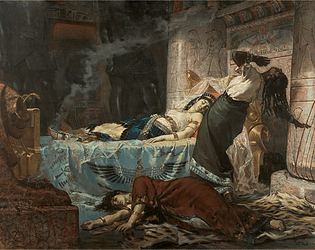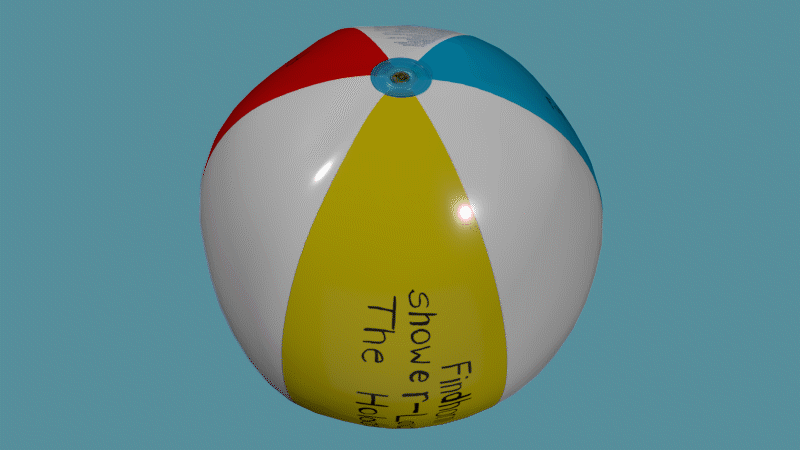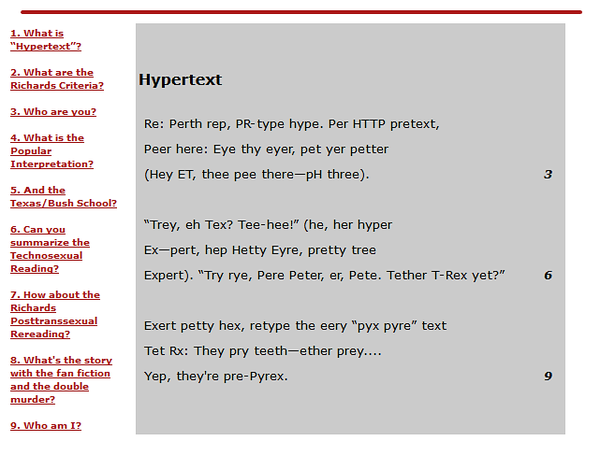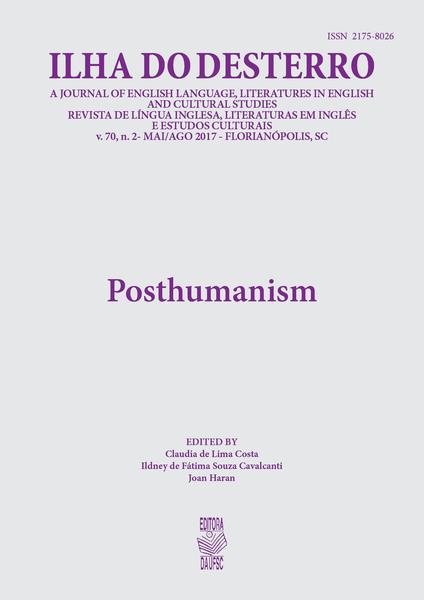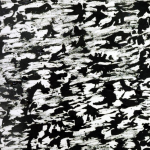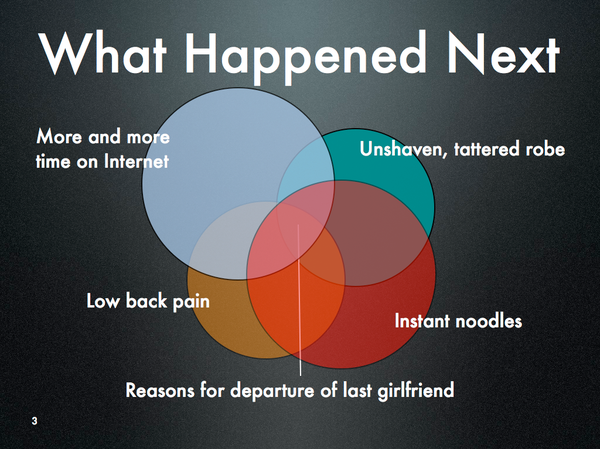
Dene Grigar & Mariusz Pisarski, "The Challenges of Born-Digital Fiction"
In both a monograph from Cambridge U Press and a multimedia online book, scholars Grigar and Pisarski analyze the "migration and translation" that Grigar's team led of my hypertext novel "Figurski at Findhorn on Acid," in the context of other seminal e-lit works and an exploration of "activities, approaches, and strategies underlying the preservation of born-digital literature."


